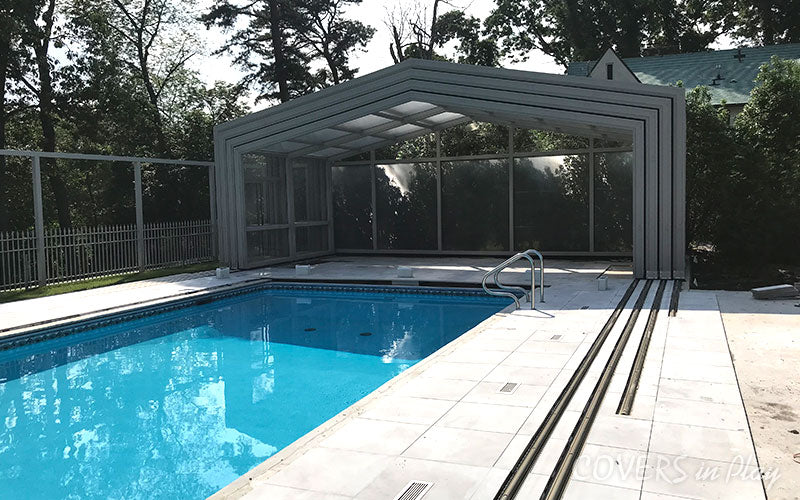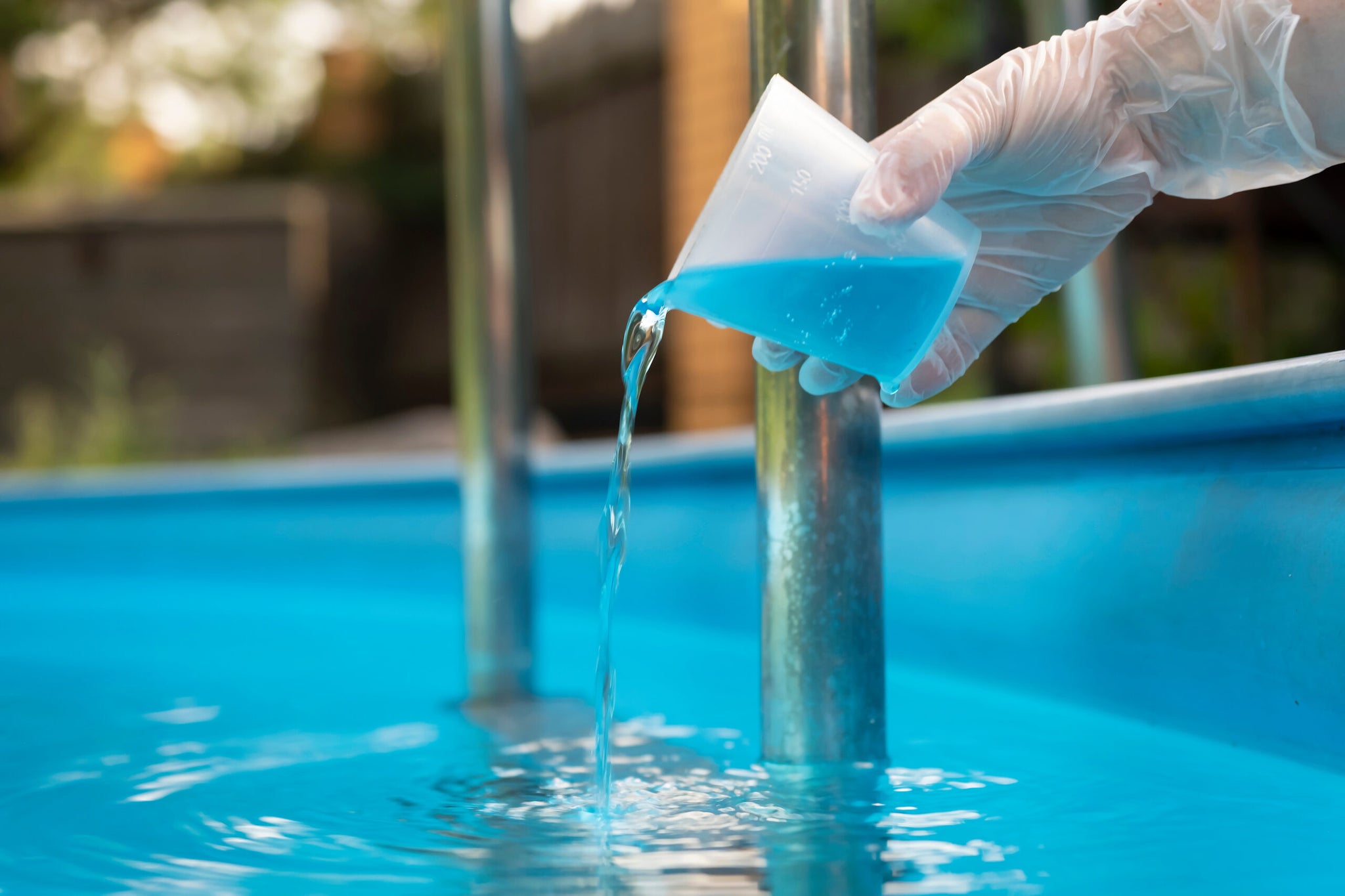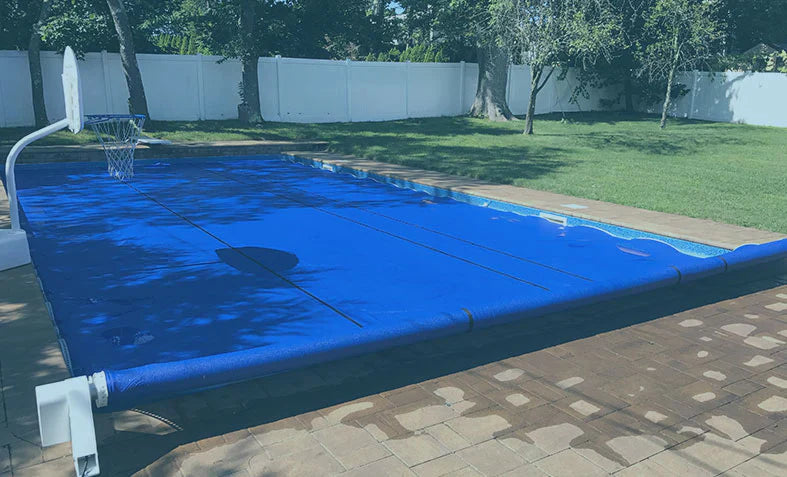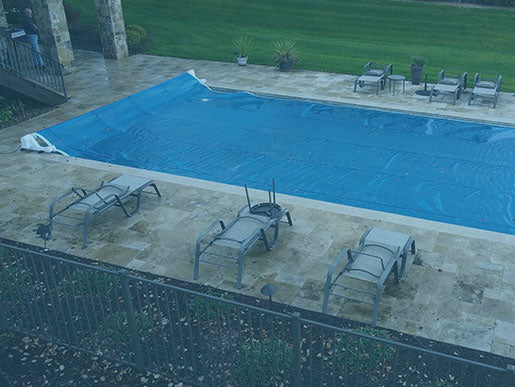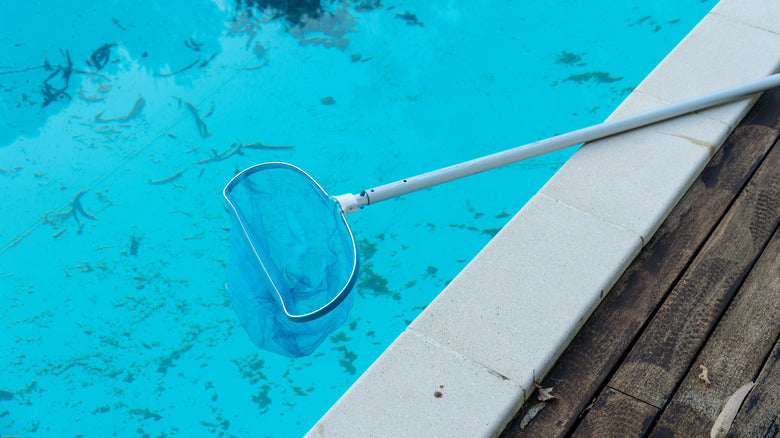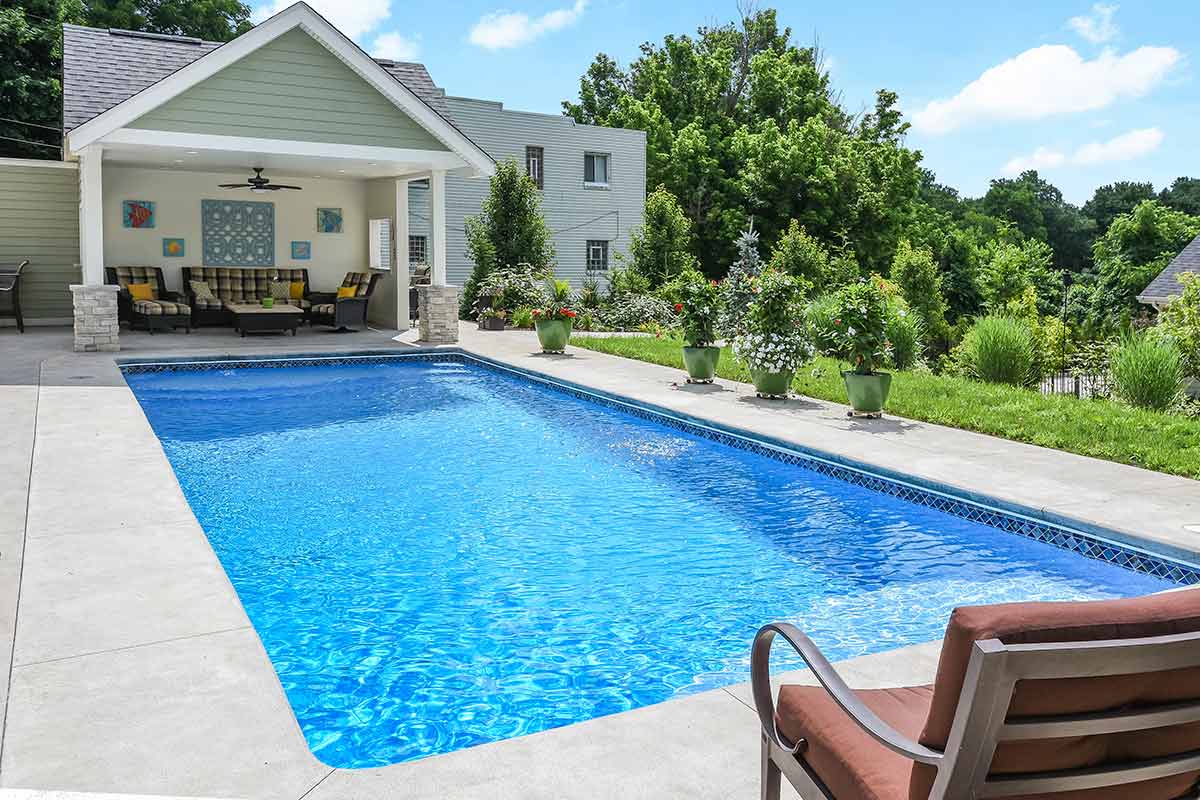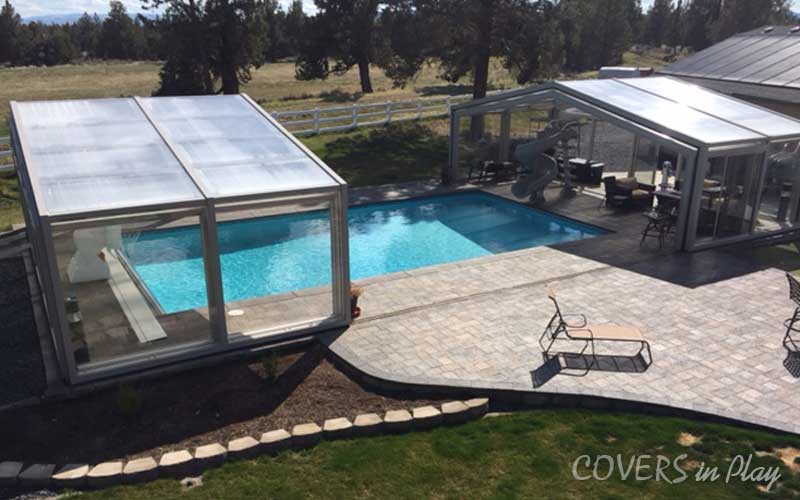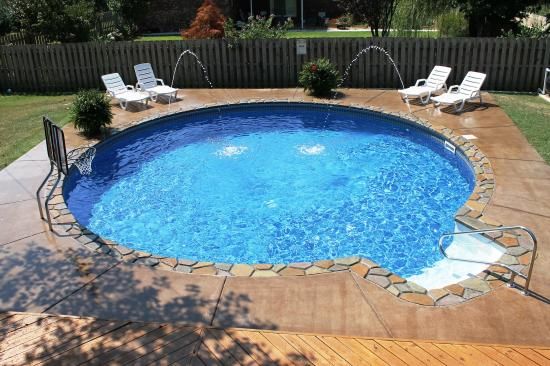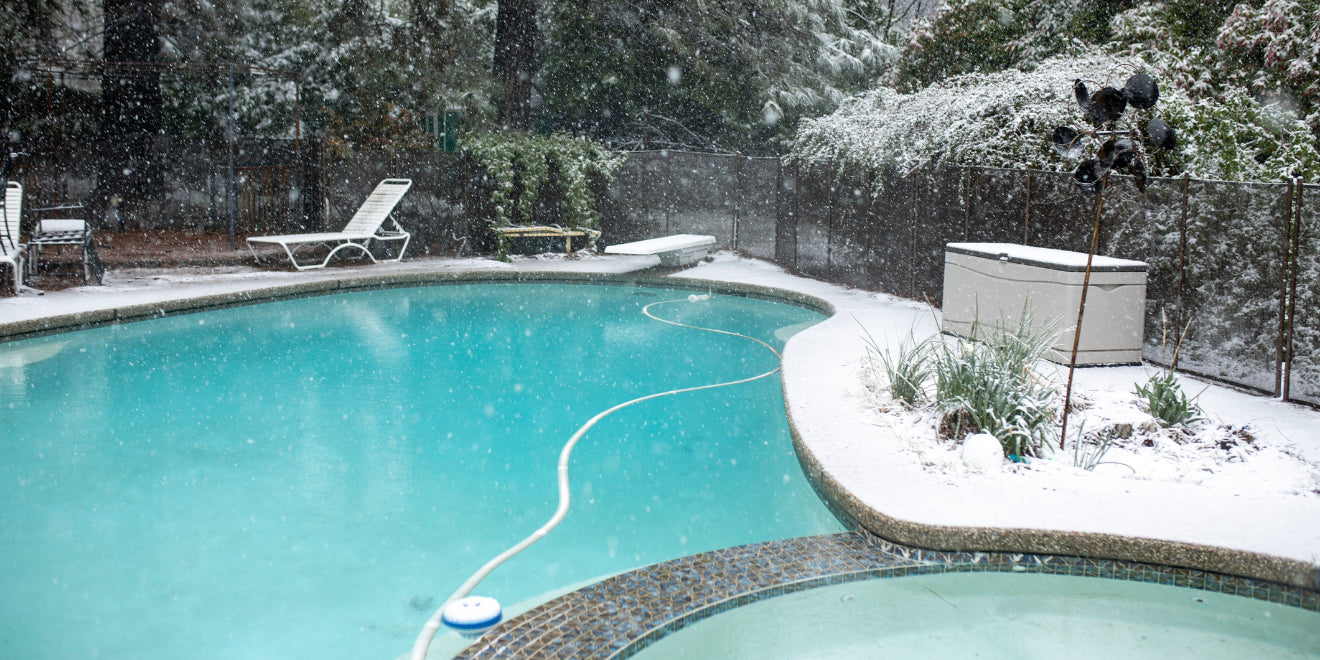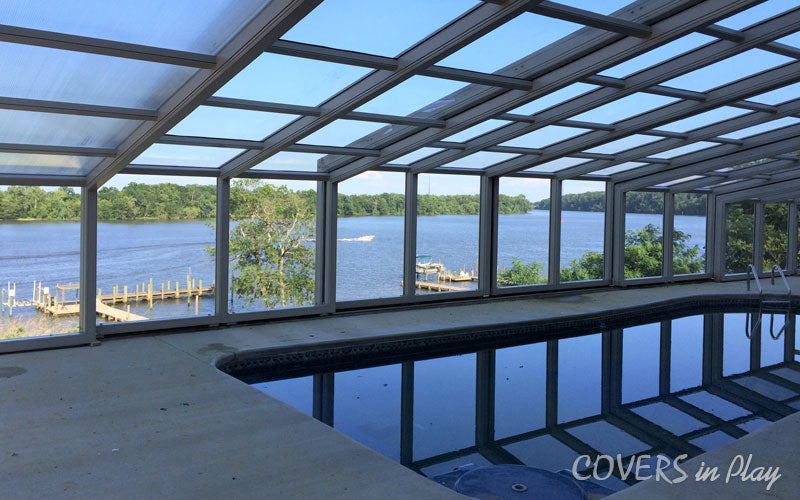
Pool Enclosures vs Traditional Pool Covers: A Comparative Analysis
When it comes to protecting and maintaining your pool, two popular options stand out: pool enclosures and traditional pool covers. Each offers unique benefits and considerations, making it essential to understand their differences. In this comparative analysis, we delve into the characteristics of pool enclosures and traditional pool covers to help you make an informed decision that suits your needs and preferences.
Protection and Coverage
Pool Enclosures
Pool enclosures provide comprehensive coverage, enclosing the entire pool area to protect it from the elements. They shield the pool from rain, wind, debris, and UV radiation, offering year-round protection and creating a controlled environment for swimming and relaxation.
Traditional Pool Covers
Traditional pool covers are designed to cover the surface of the pool, providing protection against debris, leaves, and sunlight when the pool is not in use. While they offer effective coverage for the water surface, traditional covers do not provide the same level of protection for the entire pool area.

Durability and Longevity
Pool Enclosures
Pool enclosures are typically constructed from durable materials such as aluminum, tempered glass, or polycarbonate panels. These materials are designed to withstand harsh weather conditions, UV exposure, and environmental factors, ensuring long-term durability and resilience.
Traditional Pool Covers

Traditional pool covers are available in various materials, including vinyl, mesh, and solid fabric. While some covers offer decent durability, others may degrade over time due to exposure to sunlight, chlorine, and weather extremes. Regular maintenance and replacement may be necessary to maintain their effectiveness.
Safety and Security
Pool Enclosures
Pool enclosures provide enhanced safety and security by creating a physical barrier around the pool area. They help prevent unauthorized access, reducing the risk of accidental drowning, slips, and falls. Many pool enclosures come with lockable doors and safety features to further enhance security.
Traditional Pool Covers
Traditional pool covers offer basic safety benefits by covering the water surface and preventing accidental falls into the pool. However, they may not provide the same level of security as pool enclosures, as they do not create a physical barrier around the pool area.
Aesthetic Appeal
Pool Enclosures
Pool enclosures can enhance the aesthetic appeal of your outdoor space, creating a seamless transition between indoor and outdoor living areas. They come in various designs and styles to complement your home's architecture and landscaping, adding value and visual interest to your property.
Traditional Pool Covers
Traditional pool covers are functional but may not contribute significantly to the aesthetic appeal of your pool area. While some covers offer customizable options, such as color and design, they are primarily designed for practical purposes rather than visual enhancement.
Cost Considerations
Pool Enclosures
Pool enclosures typically involve a higher upfront cost due to their structural complexity and materials. However, they offer long-term value and benefits, including extended use of the pool, reduced maintenance costs, and enhanced property value.
Traditional Pool Covers
Traditional pool covers are generally more affordable upfront compared to pool enclosures. However, ongoing maintenance and replacement costs may add up over time, impacting their overall cost-effectiveness.
Versatility and Functionality
Pool Enclosures
Pool enclosures offer versatility in functionality, as they can be designed to accommodate various activities beyond swimming. With customizable features such as retractable roofs, sliding doors, and integrated heating systems, pool enclosures create multi-functional spaces suitable for entertaining, exercise, relaxation, and more. They provide a year-round oasis that adapts to different weather conditions and lifestyle preferences, maximizing the utility and enjoyment of your outdoor living space.
Traditional Pool Covers
Traditional pool covers are primarily designed for one function: covering the pool surface to prevent debris accumulation and evaporation. While they serve this purpose effectively, traditional covers lack the versatility of pool enclosures and cannot be used for other activities or functions. Their functionality is limited to providing basic protection for the pool water when it is not in use, without offering additional features or amenities.
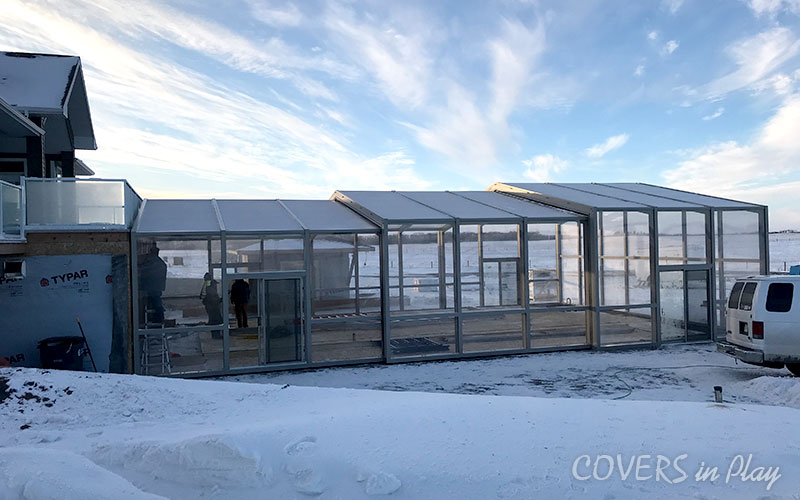
Maintenance Requirements
Pool Enclosures
Pool enclosures generally require less maintenance compared to traditional pool covers. Their durable materials and construction help minimize wear and tear, reducing the need for frequent repairs or replacements. Routine cleaning and occasional inspection of moving parts may be necessary to ensure optimal performance, but overall maintenance efforts are relatively low, especially considering the long-term benefits provided by the enclosure.
Traditional Pool Covers
Traditional pool covers require regular maintenance to keep them clean, intact, and functional. Depending on the material and design, covers may need to be cleaned, repaired, or replaced periodically to prevent damage and maintain effectiveness. Debris removal, surface cleaning, and proper storage during the off-season are essential maintenance tasks that contribute to the longevity and performance of traditional pool covers.
Climate Control and Comfort
Pool Enclosures
Pool enclosures offer climate-controlled environments that enhance comfort and enjoyment throughout the year. With options for integrated heating, ventilation, and air conditioning systems, enclosures provide optimal temperature and humidity levels for swimming and relaxation, regardless of external weather conditions. This climate control feature ensures a comfortable and inviting atmosphere inside the enclosure, allowing you to enjoy your pool in comfort even during extreme heat or cold.
Traditional Pool Covers
Traditional pool covers do not provide climate control features and rely on natural conditions to maintain water temperature and quality. While covers help retain heat and reduce evaporation, they do not offer the same level of comfort and control as pool enclosures. Swimmers may experience temperature fluctuations and discomfort depending on weather conditions, requiring adjustments or additional heating measures to maintain water comfort levels.
Pool Enclosures vs Covers: In Conclusion
In summary, both pool enclosures and traditional pool covers offer benefits and considerations that vary depending on your needs, budget, and preferences. Pool enclosures provide comprehensive protection, durability, safety, and aesthetic appeal but come with a higher upfront cost. Traditional pool covers offer basic coverage and affordability but may require more maintenance and replacement over time. Ultimately, the choice between pool enclosures and traditional pool covers depends on your priorities and the specific requirements of your pool environment.
Invest in pool enclosures now! Contact us at CoversInPlay for more details.
